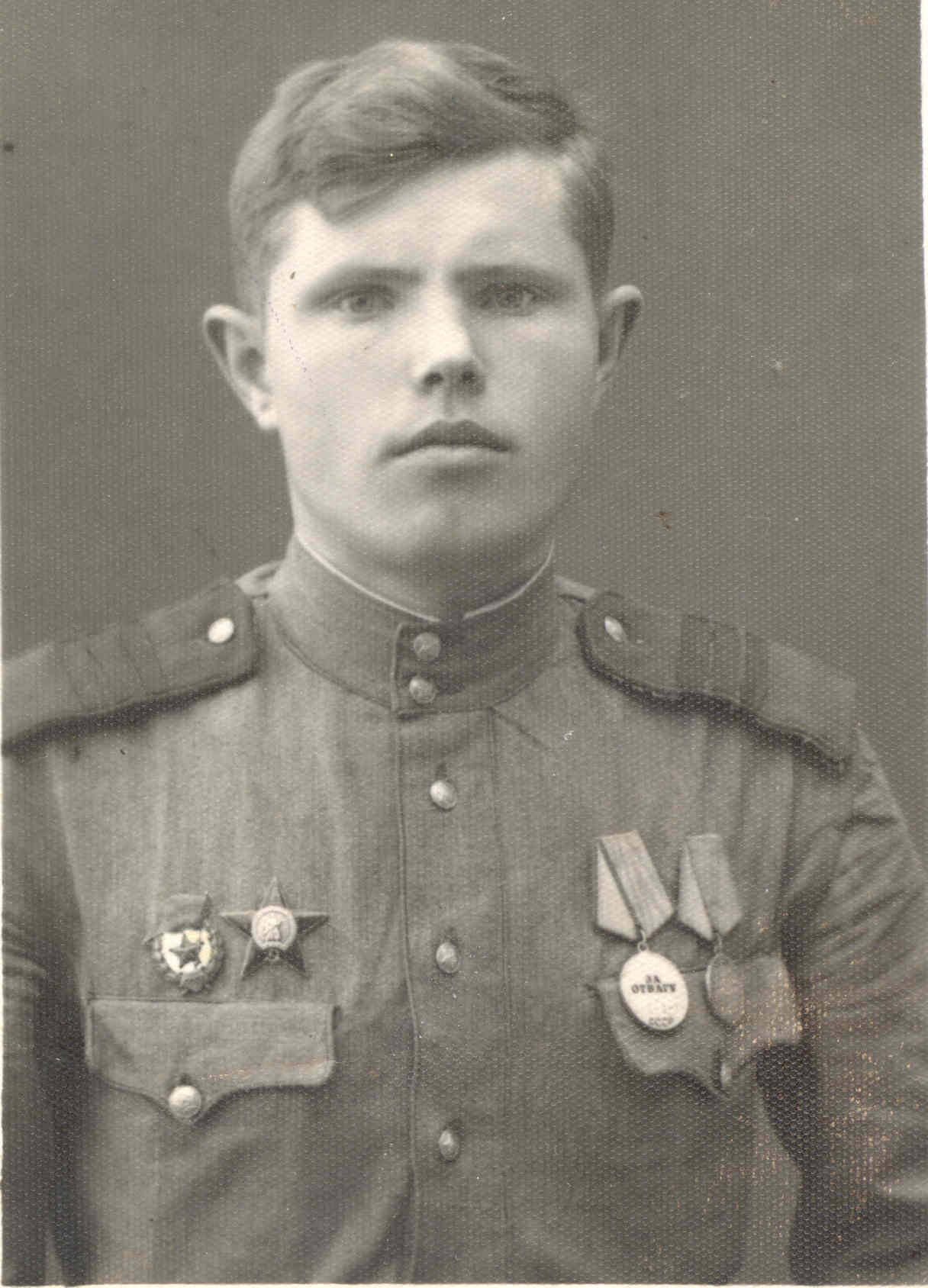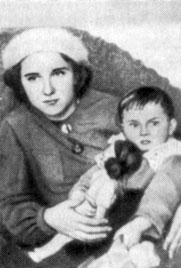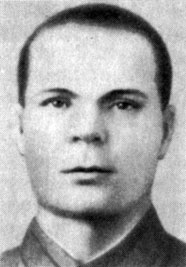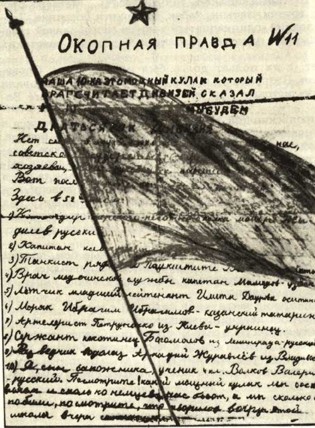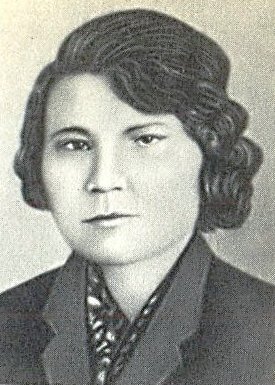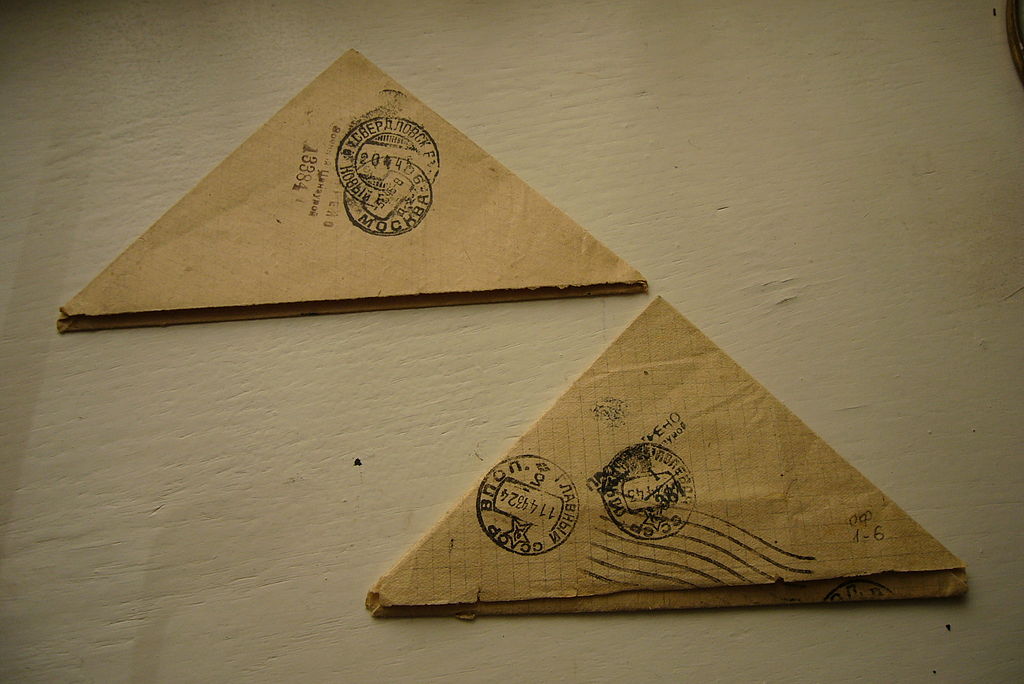EDITOR’S NOTE: If there’s one thing Hitler was dreaming about when he was about to shoot himself on April 30, 1945, that would be for black to turn white, and white to turn black. And seventy years later his dream is starting to come to life. The whole world is drifting into fascism, both politically, due to the migrant crisis, and ideologically, due to supporting the fascist Kiev junta. They are whitewashing fascists and thus black is turning into white. We also see more and more slander aimed at making people think that the Soviet warriors-liberators were actually rapists, murderers and occupants. Thus white is being turned into black and Hitler’s dream is coming true.
As Victory Day over Nazi Germany approaches, we wish to remind and remember what the Soviet soldiers-liberators, not only men, but also women, of over a hundred of nationalities that lived peacefully together in the Soviet Union were really like, and for this purpose we will be publishing translations of actual letters written by Soviet warriors during the war, one every day until May 9. Those who want us to believe that black is white and white is black can shove their dreams somewhere deep, because we remember. As Russian poet Aleksandr Blok wrote, “Learn what light is, and you will understand what is darkness”.
